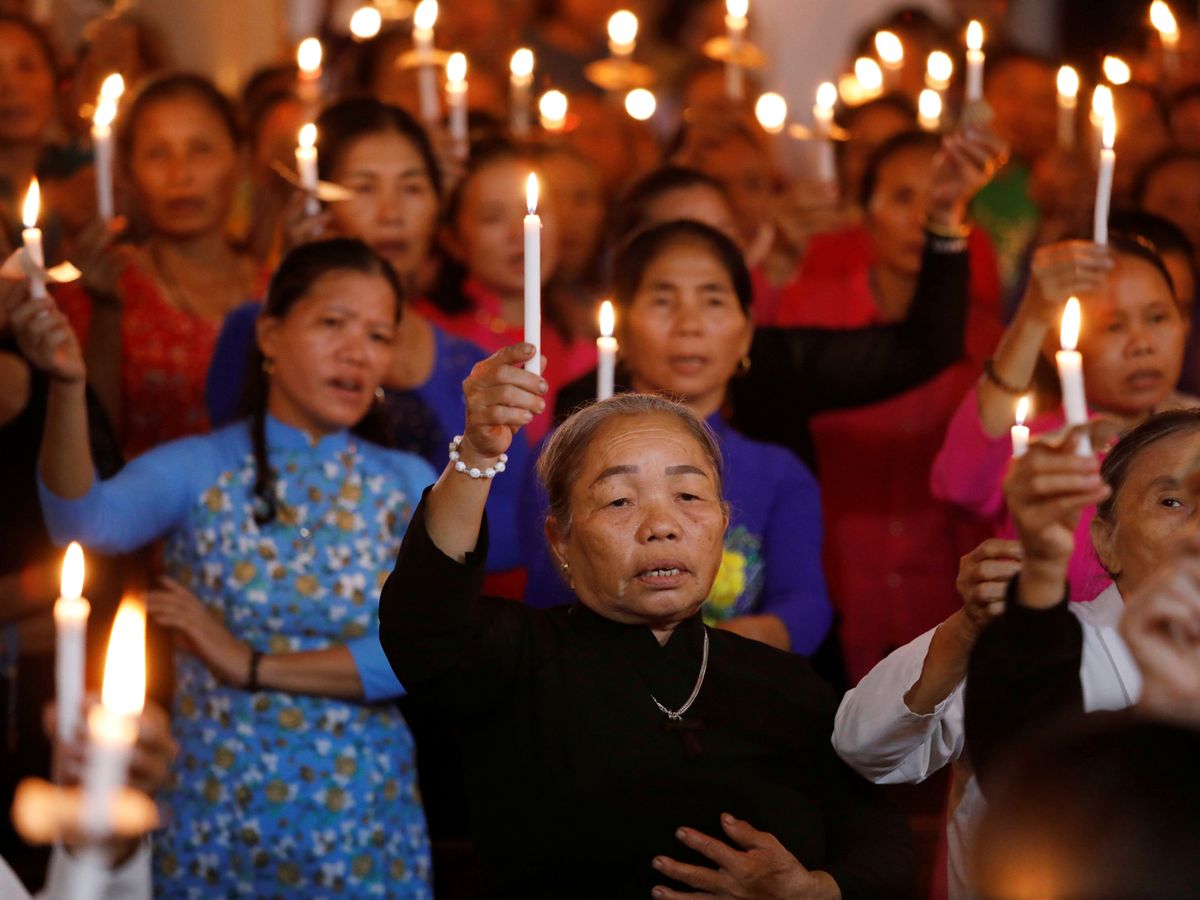Don’t shoot the messenger – The problem with criminalizing human smugglers
On October 24th, 39 dead Vietnamese migrants were found in the back of a truck in Essex as their attempt to enter the United Kingdom came to a horrific end. The tragedy was labelled by the UK media as “one of the largest homicide investigations in Britain’s history,” leaving the public eager to find some one to condemn and blame for this atrocity.
The Vietnamese embassy in London stated that, “Vietnam will work closely with the UK to bring the criminals to justice and find effective measures to prevent a similar tragedy from happening again in the future.” Along similar lines, Boris Johnson asserted, “we in the government of the United Kingdom re solve to do everything in our power to bring the perpetrators to justice.” In both statements, the public is told one clear message: human smuggling is to blame for irregular and unsafe migration to the UK.
It is undeniable that human smugglers are responsible for many tragedies involving migrants. However, the moral panic created around smugglers demonizes irregular migration, working to immunize the state from criticism of the conditions they create. Human smugglers are not the root of the issue, but are instead merely responding to an increasing demand for movement in an increasingly travel-restricted world. Criminalizing human smuggling as a means of deterring irregular immigration is equally as effective as watering your lawn to fight a national drought. The root of the issue is not addressed and, if anything, you have wasted resources and caused a distraction.
Grace Tran, a U of T PhD candidate at the Centre for Criminology and Sociolegal Studies, wrote in the Toronto Star that by criminalizing smugglers and migrants, “we are opting for the convenience and comfort of not questioning who rightfully deserves to be here, premised on a notion that depends not on our qualifications or merits as individuals, but rather, on mere place of birth.” By lottery of birth, those 39 migrants were born in conditions of insecurity while policymakers in the UK were born in conditions of stability and comfort. This chance of birth is then employed as a legally justified mechanism of determining individual worth.
After the 39 deaths, Maddy Allen, a field manager at Help Refugees, stated that the UK government had “blood on their hands.” She adds, “[if] you tighten the security measures, people are going to take a more dangerous journey.” When governments continue to make their ‘legitimate’ ports of entry more restrictive and continuously prolong the application process, individuals in dire conditions all over the world can no longer afford to wait around.
With 4.2 billion people currently living in poverty and the global North-South income gap growing, people are moving and will continue to move in search of a better life. Meanwhile, the immigration system is becoming increasingly confusing and expensive. Debbie Busler, head of refugee support at the British Red Cross, states, “[official] resettlement routes can take years to navigate with a complicated ‘adversarial system’ often lacking simple support services like interpreters.”
This complexity becomes visible when one realizes that the UK alone has seen seven different immigration bills in their government from 2010 to 2018, each of which contains a multitude of significant changes and makes the law extremely difficult to navigate. For those who cannot access legal advice, legal aid (free legal advice or representation offered by the government) is provided. However, legal aid services have been decimated by constant budget cuts, leaving reliable legal work inaccessible to migrants. On top of the legal hoops one has to jump through, the system is costly and, much like the legal framework, continually changing. According to the Guardian, the settlement, residence, and nationality fees for 2016–17 in-
creased by 25%. If you want to become a permanent resident of the UK, it will cost you £2,389 ($4082.08 CAD). This does not include a £50 ($85.44 CAD) fee for the citizenship test or a £150 ($256.31 CAD) fee for an English exam. Such high costs undoubtedly affect poor migrants the most.
It then comes as no surprise that since 2016, according to Busler, “there have been fewer and fewer ways to enter Western Europe legally — hence the desperation of those on the road.” As the ‘right ways’ to enter the county are becoming more difficult and expensive and the ‘wrong ways,’ or irregular means of entry, are increasingly securitized, migrants are placed in an almost impossible situation.
The death of the 39 migrants have shown how increases in border security or crackdown on smugglers will not deter people from searching for safety in the UK or other affluent nations. Instead, the law will push them into a corner, remove safer options, and force them to pursue increasingly dangerous routes to reach sounder shores.
When we sanction and criminalize human smugglers for ‘encouraging’ irregular migration, we shoot the messenger and ignore the message: our increasingly restrictive and securitized borders are forcing people to risk everything for the right to move. We penalize human smugglers for presenting migrants with a possible path to a better life, and subsequently ignore the state’s role in creating the restrictive border system that creates the demand for their services in the first place.
